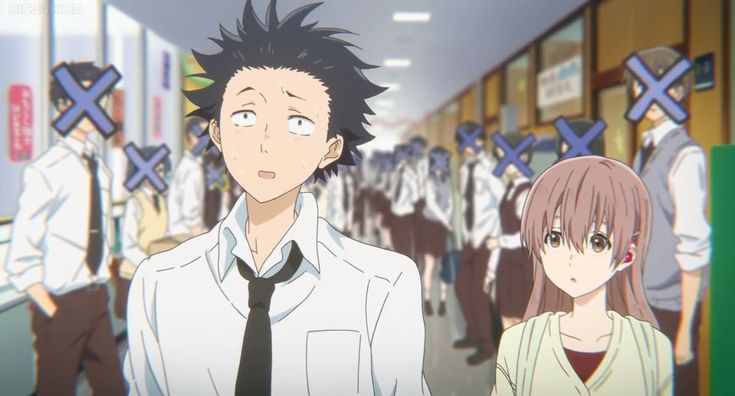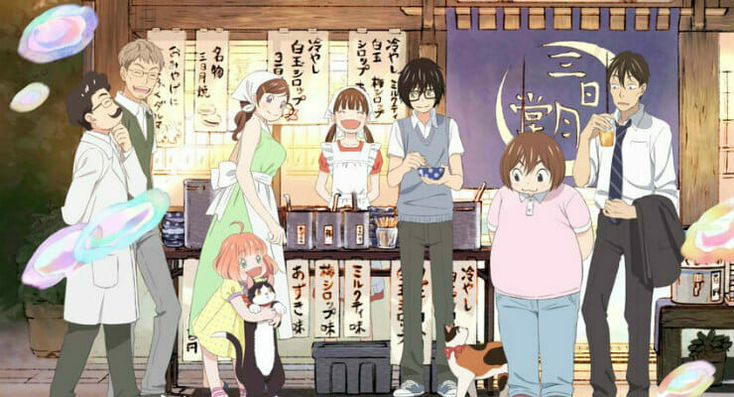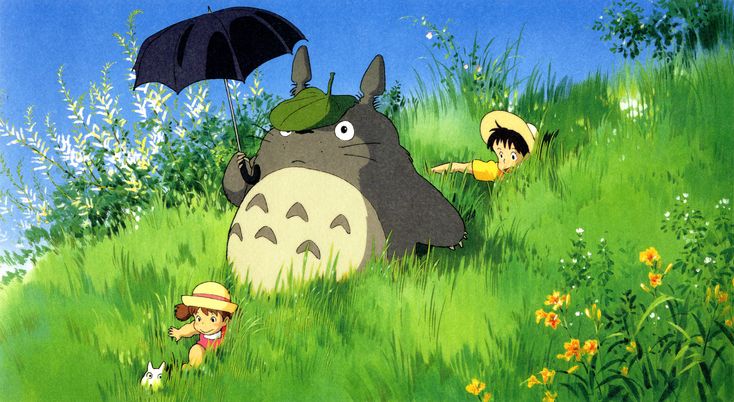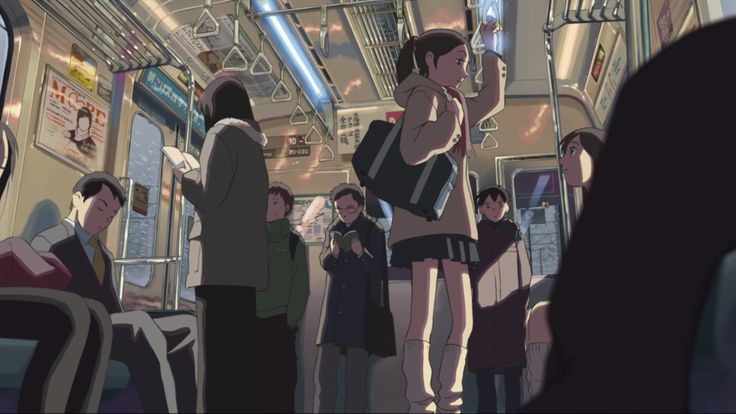
Angela Joseph
Feb 7, 2024
Manga and Mental Health: Exploring the Therapeutic Potential
In the complex network of modernity, the landscape of mental health often stands as a terrifying challenge. Many individuals try to navigate its complexities, with a sense of fear. For otaku (enthusiasts of anime, manga, and Japanese pop culture) the topic of mental health often evokes very unique sentiments and personal struggles.
Why does watching anime or reading manga have such a profound effect on viewers' emotional levels?
The answer lies in the power of storytelling—the ability of narratives to surpass the boundaries of time, space, and realities, forging relevant and deep connections with the human spirit. In the vivid caricatures of anime and manga, viewers often discover their struggles and triumphs, finding relatability in characters who lead the stories with courage and resilience.
Manga, with its diverse genres and themes, offers many options for individuals seeking peace and inspiration during challenging times. When feeling low or exhausted, turning to certain anime and manga often provides the readers with comfort and perspective.
A Journey Through Mental Health, Society, and Otaku Culture
Examples of Manga for Mental Well-being
"A Silent Voice" (Koe no Katachi)

This manga addresses important themes like depression, bullying, and social isolation. Through its moving storytelling and complex character development, it emphasizes that empathy and forgiveness play a very important role in overcoming personal struggles.
"March Comes in Like a Lion" (3-gatsu no Lion)

This manga is about the life of a young professional shogi player fighting depression and loneliness along with his game journey. It portrays the journey of finding meaning and real connection while surrounded by adversity. It offers hope to those facing similar challenges making the character very relatable to its audience.
"My Neighbor Totoro" (Tonari no Totoro)

While not a traditional manga series, studio Ghibli's masterpiece explores themes of friendship, imagination, and healing. Its mesmerizing world serves as a comforting retreat for viewers of all ages.
Challenges Addressed in Manga
Despite its therapeutic potential, manga also confronts various social and cultural challenges related to mental health.
In many cultures, mental health issues remain a stigma, hindering open discussions and access to support or help. Manga can challenge these misconceptions by portraying characters who navigate mental health struggles with empathy and understanding.
While some manga depict mental health issues with authenticity, others may condition harmful stereotypes or romanticize suffering. Creators must approach these topics with a sensitive approach, ensuring accurate depiction that relates to diverse audiences.
The Role of Society, Culture, and Food
In the manga, societal norms and cultural traditions often shape characters' experiences with mental health:
In the manga, societal norms and cultural traditions often shape characters' experiences with mental health:

Society
Manga frequently explores societal pressures and expectations that contribute to mental health challenges. Characters may grapple with academic stress, family dynamics, or workplace demands, highlighting the pervasive impact of societal norms on individual well-being.
Culture
Cultural nuances influence how mental health is perceived and addressed within communities. Manga set in Japan, for instance, may reflect cultural attitudes towards seeking help or expressing emotions, offering insights into cultural differences and similarities.
Food
Food plays a symbolic role in the manga, representing comfort, nourishment, and connection. Scenes featuring characters sharing meals or enjoying traditional dishes reflect the importance of communal support and self-care in maintaining mental health.
Discovering Hope: Manga, Anime, and Mental Wellness
In anime and manga, we find stories that help us feel better when we're down. These stories are like colorful blankets that wrap us in creativity, hope, and courage. For fans like us, they're not just fun but also like friends who understand how we feel.
When we're feeling lost or confused, manga and anime show us that we're not alone. Through their characters and adventures, we see reflections of our struggles and joys. It's like having someone hold our hand as we walk through life's ups and downs.
Anime and manga also teach us about different cultures and ways of thinking. They open our eyes to new ideas and help us see the world in a different light. The characters we meet become our heroes, showing us what it means to be brave and kind.
In conclusion, When it comes to our mental health, anime and manga can be like medicine for the soul. They remind us to be kind to ourselves and others, and they show us that it's okay to feel sad or scared sometimes. Together, we learn to be strong and to keep moving forward, no matter what challenges we face.
So, if you love manga as I do, here's something cool for you: Check out ismanga for easy translations that make reading even more fun! They've got a free trial of Automatic AI manga translations waiting for you to explore. Give it a try and dive into a world of adventure and imagination!